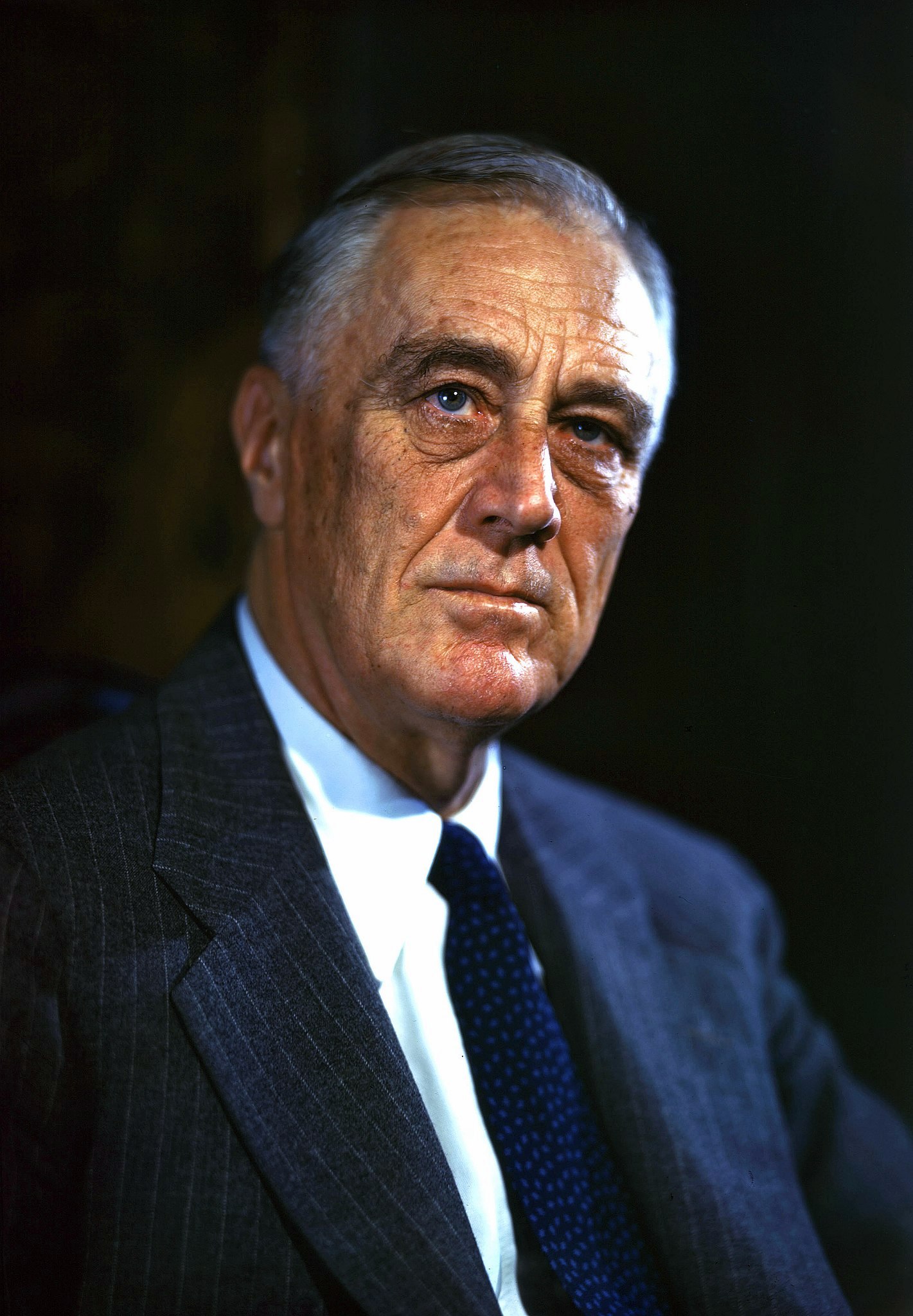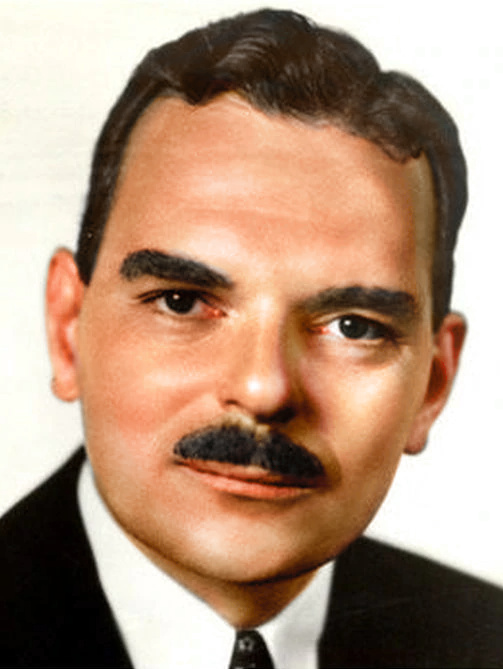
Dewey and Roosevelt broadcast ‘last word’
Democrats have midnight period
By Si Steinhauser
Turn your radio on at 8:00 tonight and from then to 12:30, you may hear the Democrats “point with pride” and the Republicans “view with alarm.”
The Democratic National Committee has placed President Roosevelt’s spokesmen in a position to have the “last word” by reserving the 12 o’clock midnight quarter-hour “across the board” on all networks. But even after that, WJAS and CBS have “to be announced” looking rather important and mysterious in the 12:15 period.
There are also “blanks” at 11:45 on WJAS and KQV, and 15-minute periods are not to be sneered at this hotly-contested Election Eve. As proof, that’s all the time Governor Dewey has reserved at 11:00 to 11:15 tonight on all network stations. He will follow President Roosevelt and “other speakers” on all stations from 10 to 11 o’clock. Senator Truman will speak on WCAE at 11:15.
At 11:15, WJAS has a quarter-hour network spot reservation for the Labor Non-Partisan League. Prior to that, there are several local and state political talks listed.
For quick reference, here are the “big league” listings for tonight:
- 10:00 p.m.: All stations – President Roosevelt.
- 11:00 p.m.: All stations – Governor Dewey.
- 11:15 p.m.: WCAE – Senator Truman.
The Democrats have decided to give their listeners a real “grand finale.” Norman Corwin, famed CBS dramatist, is in Hollywood rehearsing tonight’s curtain-lowering broadcast. So, you can bet there will be some trumpet-blowing about bedtime.
Station managers report that national political committees are buying up time at 12:15 noon tomorrow, figuring that they will catch voters away from their regular duties and about to vote, so maybe the “last word” won’t be said until then.
Many letters have come our way during the political campaign accusing us of having deliberately failed to schedule this or that candidate’s talk, of being “pro-Roosevelt” and “pro-Dewey.” Any omissions were due to carelessness by national committees and programs, were carried precisely as networks provided them to stations and the stations to us.
Tomorrow, everyone may go to his voting booth and have his “say” and then we’ll get back into the old groove and listen to singing commercials, awful jokes, screeching “singers” and, best of all, good old forums on which free speech reaches its height. And America will be bigger and better than ever even though you and I may vote for the “wrong guy.”
Arthur Treacher, who clowns with Jack Carson, will cast his first vote tomorrow. A native of England, he became an American citizen a few months ago.
Another “first voter” will be Igor Gorin, radio and concert baritone, who made his first broadcast on the Hollywood Hotel. He was discovered singing in Vienna by a Los Angeles furniture man, over there on a visit who brought him to America and helped him to attain stardom. Gorin was also recently naturalized.
Vox Pop was born 12 years ago tonight over KTRH, Houston, Texas. Everybody is happy about it, including the listeners, everybody except Parks Johnson, a swell guy and one of the founders. Parks doesn’t like to hear his program called a quiz show. It’s an “audience participation” program and from it sprung a host of similar programs ranging from spelling bees to battles of brains and parlor hijinks.
Parks argues that Vox Pop is no more a quiz show than a crossword puzzle is an inquiring reporter column and we guess he’s right.
Anyhow, since July 4, 1940, Vox Pop has dedicated every broadcast to war work. It had added up 27 defense broadcasts from factories, colleges and camps before Pearl Harbor. Since then, it has been an exclusive camp, air or navy base or defense plant broadcast, entertaining about a million men in uniform or overalls at 190 different places, not including canteen, hospital and other benefit appearances.
Come peace, Vox Pop will become the voice of the people in victory. That’s for sure, says Parks, and we congratulate him and his buddy, Warren Hull, for the grand job they’re doing.
Tonight, you’ll hear Gladys Swarthout replacing Richard Crooks, José Iturbi on The Telephone Hour, Frank Morgan and little Margaret O’Brien on The DeMille Theater.
Ben Grauer won the Davis Memorial Award and KDKA’s capable Paul Shannon was awarded an honorable mention, in nationwide competition. We applaud the awards but Shannon deserved more than honorable mention.
Pittsburgh’s Eugenie Baird will be a guest on The Bing Crosby Hour Thursday.

